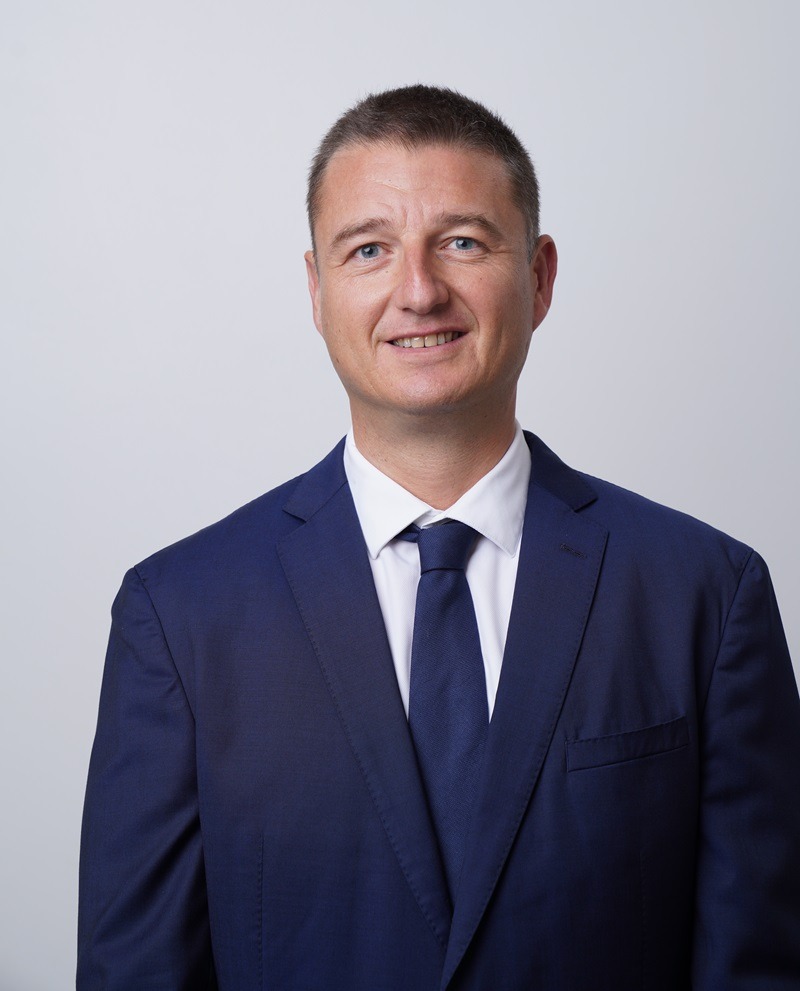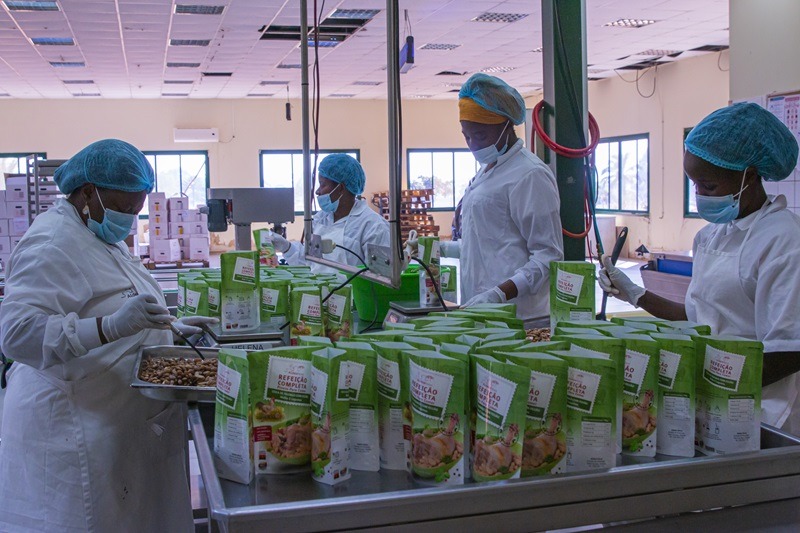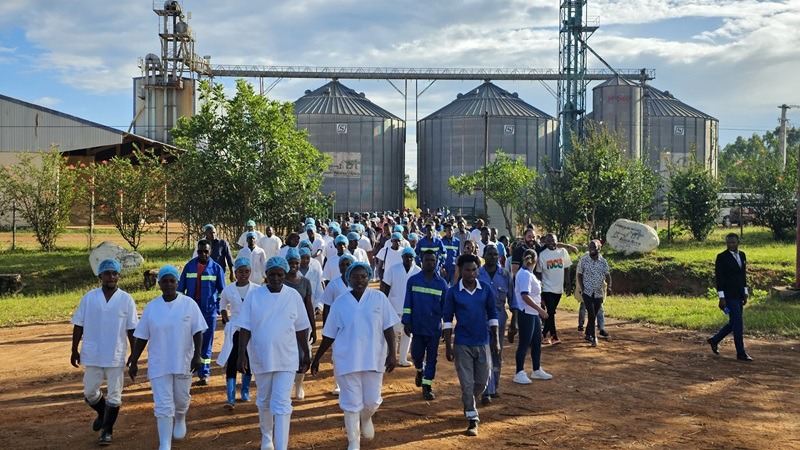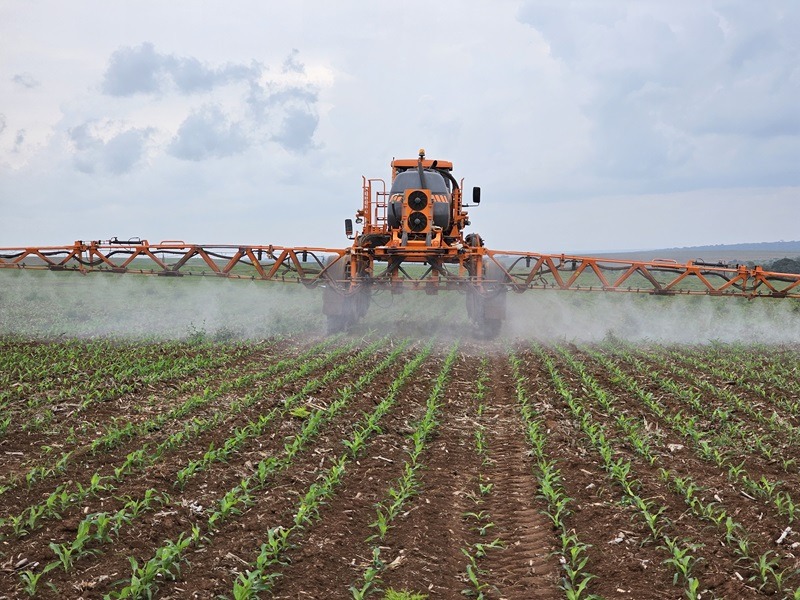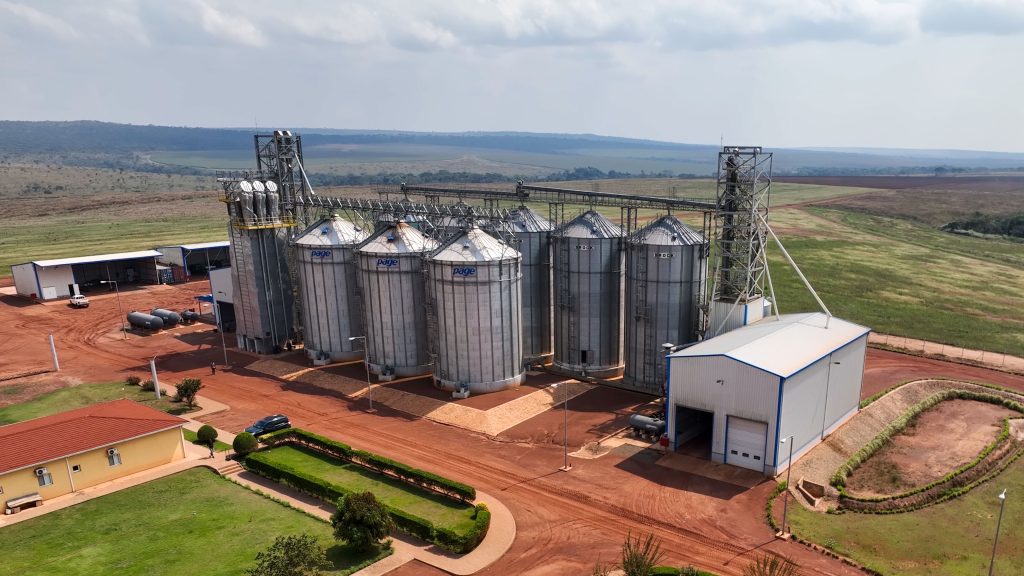Through its subsidiary Agricultiva, which specializes in food security, the Swiss Mitrelli Group, with its world-renowned expertise, is leading transformational projects in Africa. One of the most spectacular of these is the gigantic Agropole in Senegal, a project that will impact about 1.2 million people! In Angola, the company is piloting the Samba Caju project, one of the showcases of the country’s new agricultural ambitions. In this interview, Efraim Meslet, Director of Mitrelli Group in Senegal, explains the Group’s strategy on the continent.
Read the original interview in French
What is your initial assessment of the implementation of the Agropole project in Senegal? And what are the next steps for realizing this project?
The Agropole West Project is one of the flagship projects of the Senegal Emerging Plan (PSE) 2035, aiming to significantly increase food production and employment in the agricultural sector. We are particularly proud to contribute to the realization of the government’s vision and to develop this groundbreaking project that will have a long-term impact on the food self-sufficiency of the region and the well-being of its population. This project will have a positive direct impact on 400,000 Senegalese and an indirect impact on 1.2 million people.
The Agropole is a unique model of an Agri industrial zone that significantly improves food independence. It integrates solutions for agricultural production, irrigation, mechanization, training, research and development of agricultural products, and poultry, horticultural, and ovine sectors. Mitrelli Food Security company, Agricultiva, have vast experience solving complex problems and create a wide impact through customized solutions for complex challenges such as the environment, logistics, and education.
On the ground, preliminary work has begun, and we are completing the necessary environmental studies. We plan to start construction of buildings and water-related facilities in the coming months to move the project forward towards full realization. This initiative is a concrete example of our commitment to sustainable development and improving the living conditions of the Senegalese population.
Could you describe the programs specifically targeting crop yield improvement in the Agropole?
In the Agropole, we have developed specific programs focused on improving crop yields.
Our approach emphasizes agricultural productivity and production efficiency through cutting-edge technologies. We focus on smart irrigation, field trials for effective treatments, and collaborate with startups to utilize state-of-the-art technologies. We also partner with local agricultural research authorities to develop new improved crop varieties, even considering the establishment of a dedicated research center.
Our main goal is to increase agricultural productivity sustainably within the Agropole and beyond.
How do you integrate climate change into your projects?
Climate change represents a major challenge for agriculture worldwide in general and particularly in Africa, with rising temperatures, more intense rainfall, and prolonged periods of drought. Africa is susceptible to climate changes due to the dependence of agriculture on rainfall. To address these challenges, we need to promote awareness and education but also focus on the way we manage resources, preservation of forest resources, integrated waste management, management of natural disaster response and support and more. This off course require us to adopt new way of thinking in the design of our projects and solutions
For example, in the Samba Caju project in Angola, we introduced irrigation on completely virgin lands where no irrigation, fertilization, or electricity infrastructure was available. We installed and commissioned 23 center pivot irrigation systems, irrigating approximately 1,200 hectares of land.
Today, we achieve remarkable yields for soybeans and corn in an area where no crops had ever been grown before. This achievement was made possible through a complex irrigation system, including a 2-million-cubic-meter reservoir. It allows us to maximize this area by smartly combining plots, crop rotations, and seasonality, which would have been impossible without this infrastructure.
What growth opportunities do you see for your company in Africa?
Africa has the necessary resources to become self-sufficient and even export food. Approximately 60% of the world’s available arable land is in Africa, and over 50% of the population is already involved in agricultural activities. With our ongoing and upcoming projects in different countries, we aim to support governments in developing this potential, increasing capacity, and creating new economic growth drivers.
The African continent is the fastest growing continent on earth and its population is expected to double by 2050, with 750 million young people, accounting for half of the world’s youth population. We believe that the future of the world is closely tied to the future of Africa. The dynamics of its population creates unique opportunities but also generates growing needs in all sectors.
For over a decade, the Mitrelli Group has dedicated all of its activities in Africa, and developed national scale holistic solutions, in food security, as well as other crucial sectors like education, energy, healthcare, technology, and housing. We are firmly committed to have close collaboration with local communities and governments to ensure that our initiatives significantly contribute to the region’s long-term development and to empower local talents
For example, in Côte d’Ivoire, we recently launched an Agropark project with the Ministry of Agriculture to support the mango sector. Our goal is to increase productivity, boost exports, reduce fruit spoilage, and expand marketing opportunities. This project reflects our commitment to sustainable development and our vision of a prosperous future for Africa.
As the world, particularly Africa, faces a wheat shortage, this continent has its specific cereals to valorize. At what level could Mitrelli intervene to support a country like Senegal in sorghum cultivation?
Indeed, the world, including Africa, is currently facing a wheat shortage, and it is essential to explore and promote region-specific cereal crops.
We place innovation at the core of our strategy to optimize crop yields and improve agricultural production efficiency. By utilizing cutting-edge technologies and designing customized solutions, we manage to maximize crop yields, contributing to sustainable growth for both farmers and regions. We actively encourage sustainable farming practices, such as agroforestry, crop diversification, and soil conservation, which are crucial for ensuring food security while preserving our precious natural resources.
To support Senegal in sorghum cultivation, our holistic approach includes researching best practices, conducting field trials, close collaboration with local authorities, and establishing long-term agricultural research infrastructure.
How can less water and fewer inputs be used to increase agricultural yields with Artificial Intelligence? What are its limitations?
Artificial Intelligence (AI) offers opportunities to improve agricultural productivity while conserving resources, particularly in irrigation management. Smart irrigation systems monitor crop water needs in real-time and minimize wastage. However, their effectiveness depends on the availability of agriculture-specific databases, which require time and resources to develop. Despite these limitations, AI will play a crucial role in smart agriculture, helping address challenges related to climate change and food security.
